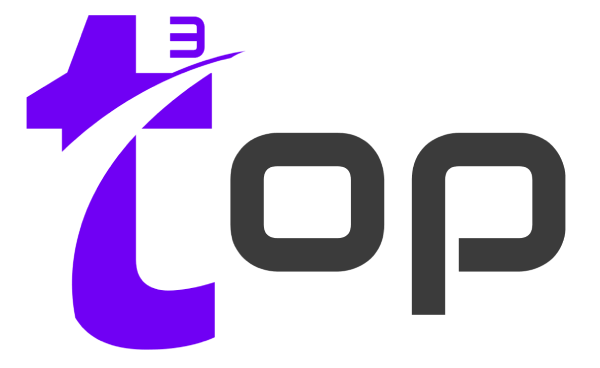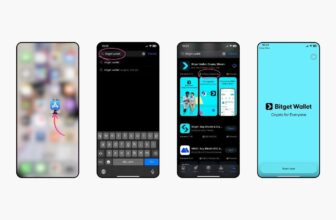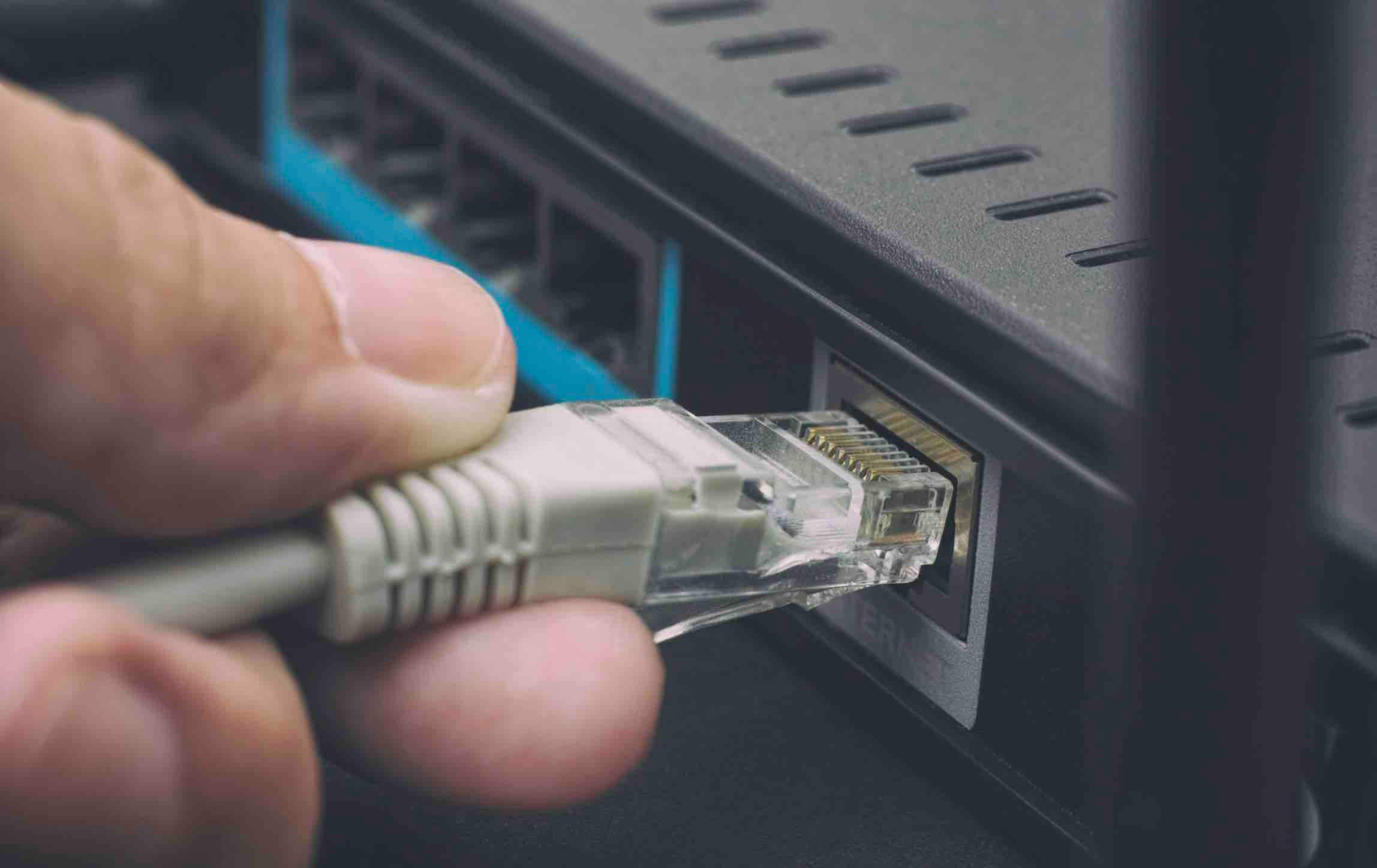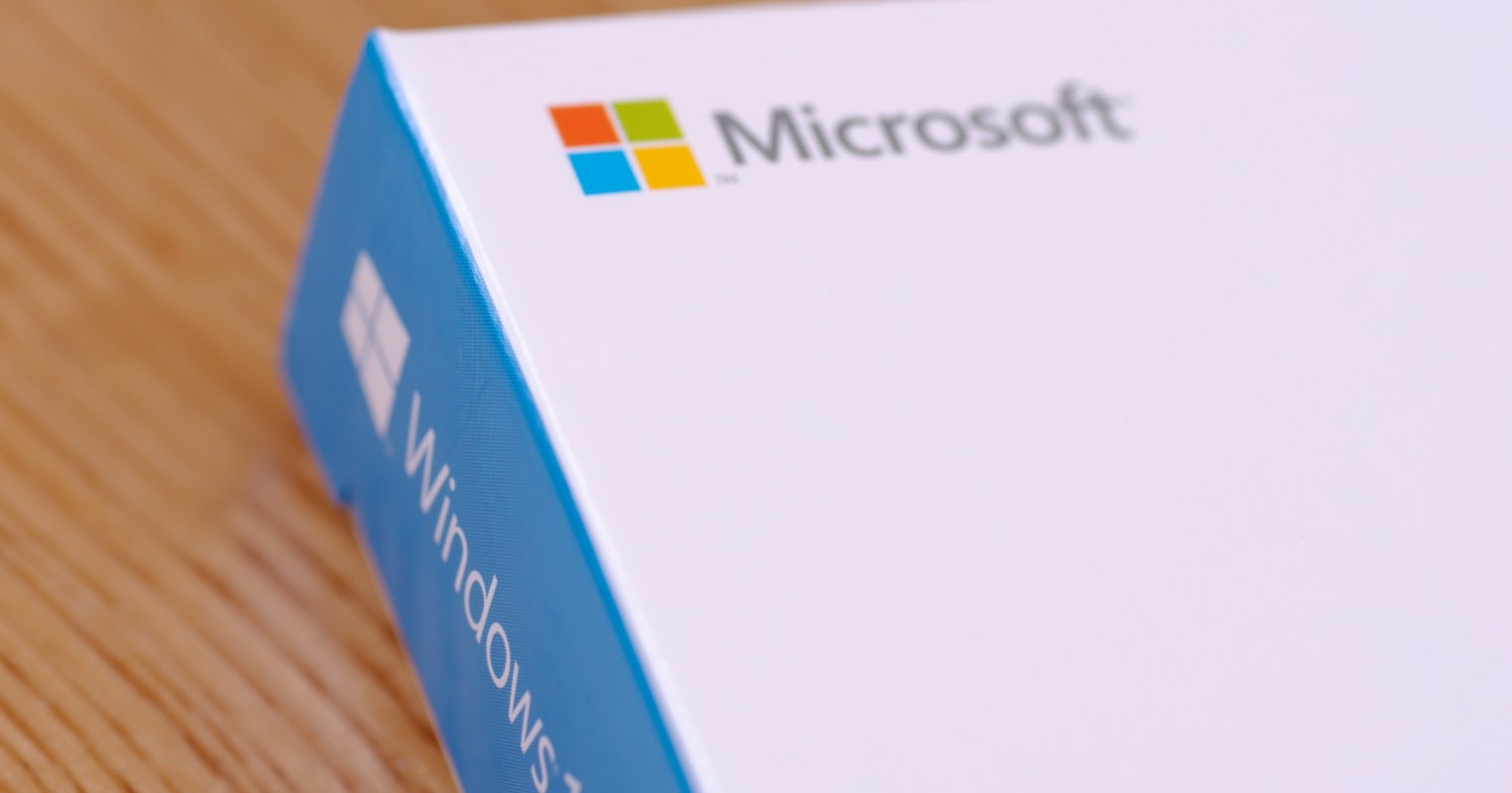Founded in 2018, Surfshark offers a lot more than some of the big names in the industry. In this post, we debunk Surfshark’s strict no-logging policy and explain why this makes it one of the best VPNs in the market today.
What the no-log policy means in a VPN
When you are browsing through a VPN, your internet service provider cannot view your browsing history, but the VPN provider can. This is because the traffic is rerouted through the VPN’s secure servers. Logs refer to the client data stored by a VPN company regarding your online activity. VPN logs can be classified into three major categories.
General information
This includes information such as:
- Your full name, country of origin, and address
- Your login details such as the username and password
- Your online purchases including your credit card, debit card, and online payment details
- Your email address
- Your subscription period
Connection logs
This refers to your incoming and outgoing connections on your preferred VPN server. This can include data such as:
- The incoming IP address, which refers to the IP address assigned to your computer by your internet service provider
- The outgoing IP address, that is, the IP address which the VPN service you are using assigns you
- Timestamps – this refers to the beginning and the end of each VPN connection session
- Data transfer – the amount of data you download or upload in each session
VPN usage logs
As mentioned, your traffic is tunneled to a VPN server when you are using a VPN. Therefore, just like your ISP, the VPN will have access to:
- Info on the sizes and files you download as well as their hash value
- Records on all the URLs and websites you visit
- Software and protocols you use
By using a VPN that stores the mentioned logs, you will be putting your data at risk. This is because your VPN service provider could be compromised and expose your data to spies and hackers.
Surfshark’s no-log policy
Surfshark is based in the British Virgin Islands, a jurisdiction that does not require data reporting and storage. This perfectly complements the VPN’s no-log policy. Surfshark does not collect data such as timestamps, browsing history, IP addresses, session information, network traffic, and the bandwidth you use. The only data collected is your personal information which includes:
- Your email address and password – as you create a Surfshark account, you will need to use an email address and a password. Surfshark uses stores this information in order to manage your account, respond to your requests, and market products or services that might interest you. In case you do not want to receive emails from Surfshark, you can easily do so by clicking on “unsubscribe”.
- Order history and billing information – Surfshark needs your payment details such as the payment date, amount, currency, and order history. This enables them to notify you when your plan is due for renewal. Should you pay through third-party apps, Surfshark does not store the payment details.
When you are browsing through the website or apps, Surfshark only collects anonymous traffic data such as analytics on data performance, the frequency of use, unsuccessful login attempts, and app crash reports. However, this data cannot be traced back to you, but it is critical to optimize the VPN’s user experience.
To ensure that there are no data leaks when you are using the VPN, it has other features such as the dedicated kill switch which automatically ends a browsing session in case your internet connection is interrupted. Surfshark also uses private DNS to ensure that you are protected from DNS leaks. The VPN also has a “Multihop” feature which allows you to connect to two servers at the same time, thereby adding another layer of protection.
Other Surfshark’s security features
Unlike most VPNs, Surfshark uses two security protocols; IKEv2/IPsec and OpenVPN. The former is the default security protocol. It does a great job of unblocking geo-restricted content and is quite flexible. However, if you prefer the widely used OpenVPN, you can easily switch between the two.
While most VPNs in the market use AES-256-CBC, Surfshark uses AES-256-GCM–bit encryption. In order to protect themselves from chosen cipher attacks, VPNs using the former have to use an AES algorithm along with a secure Message Authentication Code. On the other hand, those which use the latter have an in-built authentication, which makes your data much more secure. As far as privacy is concerned, Surfshark has not been issued with any National Security letters, warrants from government organizations, or gag orders.
Surfshark’s pricing
Surfshark is one of the most reasonably priced VPNs today, with the best pricing option being its 24-month plan as it will cost you $84. This translates to $2 per month. The yearly plan goes for $72 or $5.99 per month while the monthly plan will cost you $11.95. While the Surfshark does not provide you with a conventional free-trial period, it provides you with a 30-day money-back guarantee. This means that no matter which payment plan you choose, you will get a full refund within the first 30 days of use if you are not satisfied. Thus, you will have tried out Surfshark for free.
Overall, Surfshark is safe, secure, responsive, and has an easy user interface. Click here to download Surfshark today.
Tags: khampha













